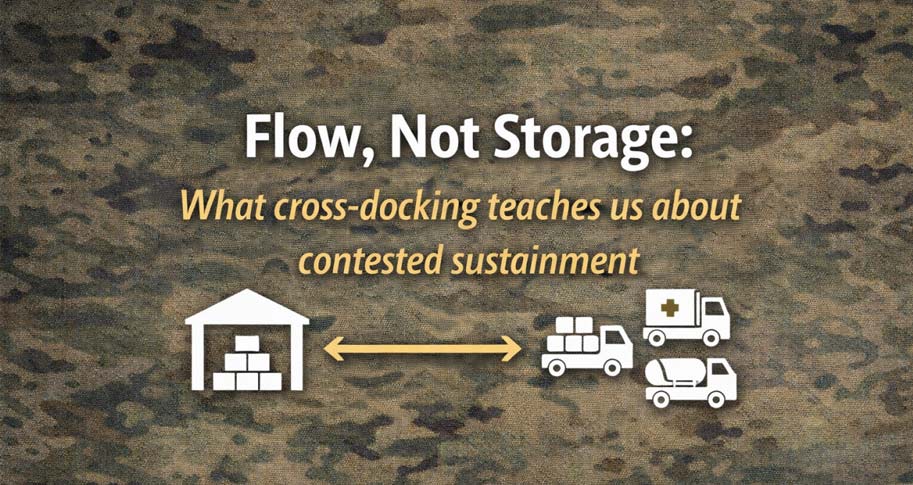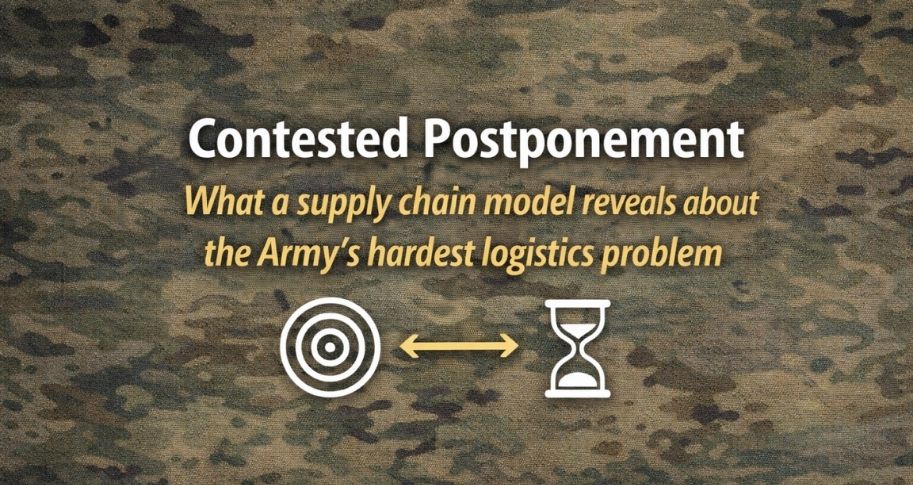
While many have suggested that shippers should factor environmental and social sustainability into their trucking carrier selection process, little is known about how they actually make that decision. Beth Davis-Sramek (Auburn University), Rodney W. Thomas (University of Arkansas), and Brian S. Fugate (University of Arkansas) examine that topic in their 2018 Journal of Business Logistics article titled “Integrating Behavioral Decision Theory and Sustainable Supply Chain Management: Prioritizing Economic, Environmental, and Social Dimensions in Carrier Selection.” They find that while all three dimensions of sustainable supply chain management (SSCM) positively influence carrier selection, the economic dimension plays the biggest role in that decision.
Drawing from behavioral decision theory, the authors hypothesize that “when other selection criteria are equal, the economic dimension of a carrier’s SSCM performance has a larger effect on a shipper’s purchase intentions than social or environmental dimensions of SSCM.” They tested that hypothesis with two experiments involving full-time working managers affiliated with a supply chain management executive education program. Davis-Sramek, Thomas, and Fugate presented the participants with scenarios describing carriers with varying degrees of economic sustainability (economic and financial viability), environmental sustainability (investments in “green” business practices), and social sustainability (investments in employees and the community). The participants in the first experiment were asked to evaluate carriers for a potential long-term relationship, while those in the second experiment evaluated carriers for a potential short-term relationship. After both experiments supported their hypothesis, the authors conducted a third experiment involving undergraduate supply chain management majors who had some professional experience. The shift to less experienced participants was meant to temper the possibility that prior experience produced the previous results. They also presented the undergraduates with expert guidance – in the form of the “Ten Principles of the United Nations Global Compact for Corporate Sustainability” – to see if that guidance changed the results. The third experiment confirmed that “decision-makers focus on the economic dimension of SSCM, regardless of how the choice set is framed or the decision maker’s experience.”
This article offers insights to shippers, carriers, and policymakers. It shows carriers that while their economic sustainability has the biggest impact on carrier selection, both environmental and social sustainability affect that decision as well. So, carriers can invest in the environmental and social dimensions of sustainability in order to further differentiate themselves from their competitors. However, investments in environmental and social sustainability “can turn detrimental if they weaken a carrier’s financials.” The study shows shippers “how embedded the dominance relationship is for prioritizing the economic dimension of SSCM in carrier selection decisions.” Those companies seeking to take a more holistic view of carrier selection should account for managers’ embedded decision-making process and “consider aligning incentives and rewards that encourage decisions in line with social and/or environmental SSCM goals.” The authors urge policymakers to use caution when considering sustainability mandates that might prove excessively costly to the small carriers that make up the majority of truck freight capacity. Since their study shows that all three dimensions of SSCM positively affect carrier selection, the authors suggest that market forces are already steering carriers of all sizes toward sustainability. Given the importance of economic sustainability in carrier selection, well-intentioned mandates that hurt small carriers’ profitability could have negative unintended results.
Read the full article in the Journal of Business Logistics.







